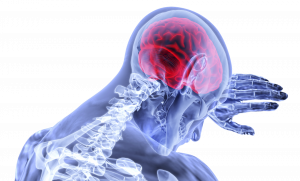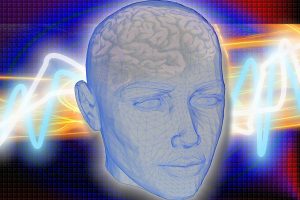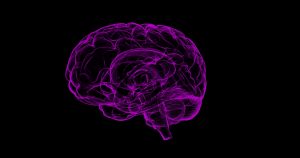 While you may think that traumatic brain injuries are all similar, the term actually covers various injuries that cause problems with how the brain works. Depending on the TBI’s severity, it may resolve without any medical intervention or require lifelong treatment. Here are some FAQs about TBIs.
While you may think that traumatic brain injuries are all similar, the term actually covers various injuries that cause problems with how the brain works. Depending on the TBI’s severity, it may resolve without any medical intervention or require lifelong treatment. Here are some FAQs about TBIs.
What Exactly is a Traumatic Brain Injury?
TBI is basically brain damage due to trauma, like a significant blow to your head. This results in the brain moving forcefully and suddenly inside your skull, causing a primary injury that damages your brain. In turn, this primary injury leads to secondary injuries in the brain’s cells, blood vessels, and chemical signals. Consequently, these secondary injuries cause more destruction and damage to the brain.
 Georgia Injury Lawyers Blog
Georgia Injury Lawyers Blog


 pproximately
pproximately  Any discussion of pool and spa accidents inevitably turns to drownings, and with good reason. From 2014 through 2016, there was an average of
Any discussion of pool and spa accidents inevitably turns to drownings, and with good reason. From 2014 through 2016, there was an average of  In the U.S.,
In the U.S.,  While there are obviously many similarities between car and truck accidents, there are also some fundamental differences. From the potential issues involved to how the claim gets handled, truck accidents can be more complicated than car accident cases on a number of levels. For this reason, some personal injury attorneys specialize in truck accident claims so that they can better represent their clients. An experienced truck accident attorney can help you get compensated for your injuries quickly and fairly.
While there are obviously many similarities between car and truck accidents, there are also some fundamental differences. From the potential issues involved to how the claim gets handled, truck accidents can be more complicated than car accident cases on a number of levels. For this reason, some personal injury attorneys specialize in truck accident claims so that they can better represent their clients. An experienced truck accident attorney can help you get compensated for your injuries quickly and fairly.  We wrote a
We wrote a